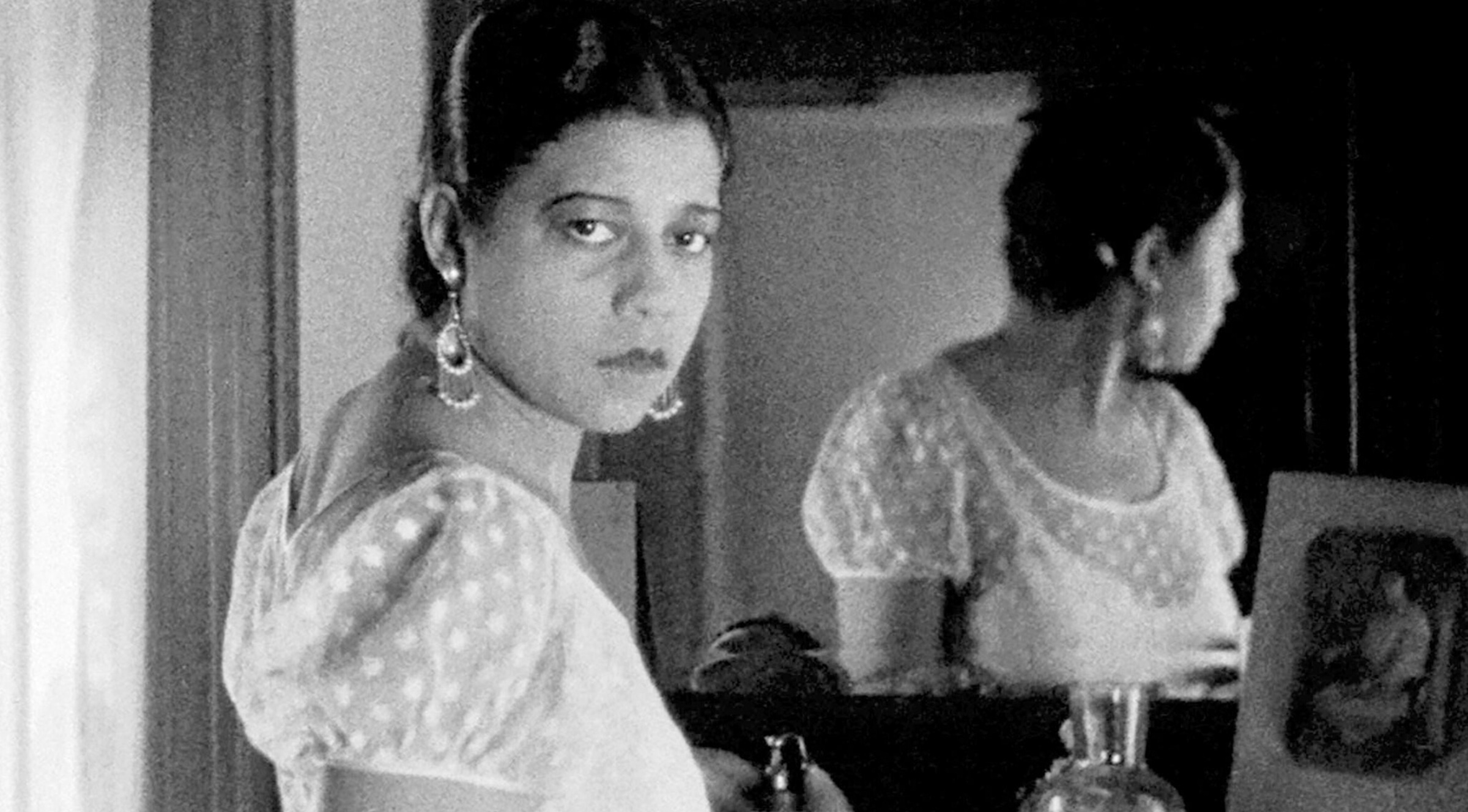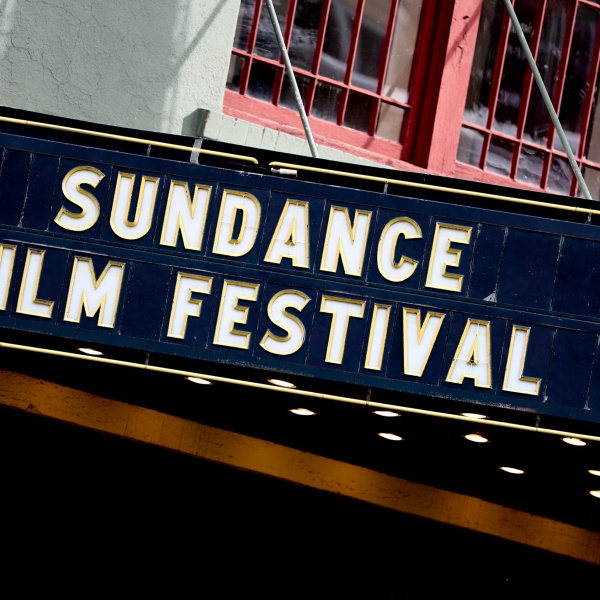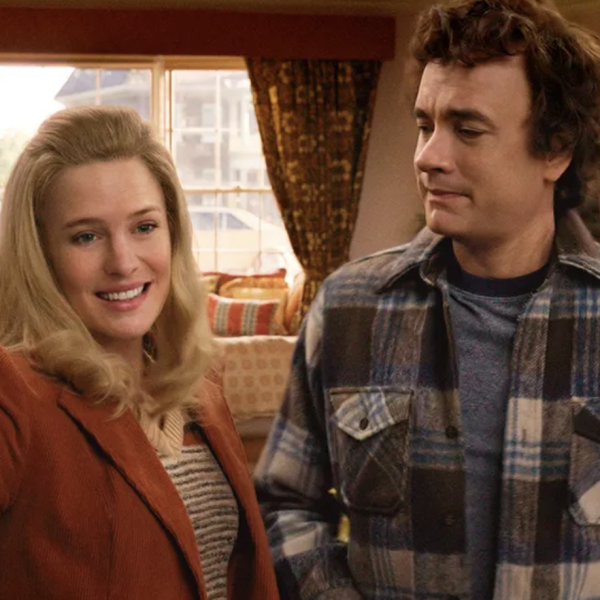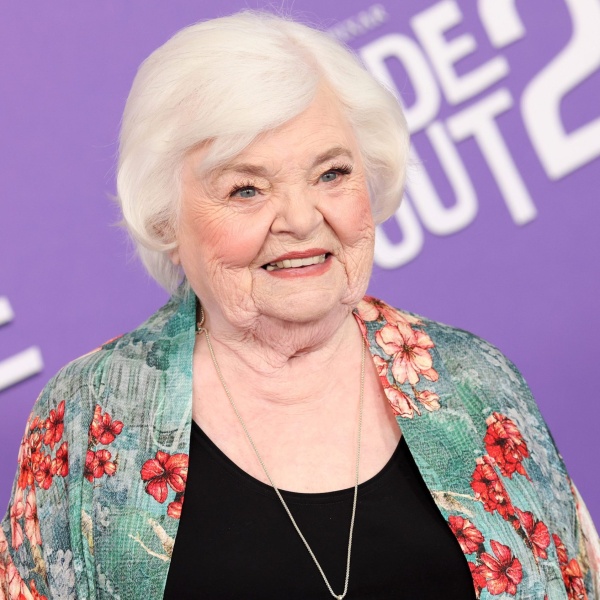Oscar Micheaux is a trailblazing American filmmaker whose name and fandom — including Spike Lee and the late John Singleton — are better known than his groundbreaking films. A festival opening in New York on Friday, May 3, at Film Forum aims to fix that.
Though competition is steep in the New York film space, with 17 films and several curated special events, “Oscar Micheaux and the Birth of Black Independent Cinema” is designed to make history. Seven films on the schedule are new restorations of the original prints. Some screenings will be accompanied by live musical performances, much like when silent films were originally exhibited in the 1910s and 1920s. On May 5, there’s also a tribute for the recently deceased author and filmmaker Pearl Bowser, a pivotal architect of the renaissance Micheaux’s work now enjoys. The lineup also boasts conversations with DJ Spooky (aka Paul Miller), who composed new scores for “Body and Soul” and “Within Our Gates,” along with archivist Ina Archer and other artists.
Consulting withfilmmaker andarchivistIna Archer and distributor Kino Lorber’s archival restorations producer Bret Wood, Film Forum designed the series to provide the public with a deeper dive into one of American cinema’s most important figures. When the medium of film was silent and relatively new, Black filmmaker Oscar Micheaux presented an important alternative to the white-dominated movies that excluded or dehumanized Black people — the racist but technically innovative epic “Birth of a Nation” among the most extreme examples. Arranging their own financing and working with precariously low budgets, African American writers, directors, and producers made movies that met Black audiences’ hunger to see themselves and their experience on the screen — not as villains or caricatures, but as complex as they were.
Born to a formerly enslaved couple in 1884 rural Illinois less than 20 years after the close of the Civil War, Oscar Micheaux keenly understood and made that hunger and ambition his mission. He performed all three of the most critical creative roles in a film — writing, directing and producing, sometimes in partnership with his wife, actress and producer Alice B. Russell.

Micheaux wasn’t alone in this calling, but he was the most successful and influential early Black pioneer of independent film, creating more than 40 shorts and features from the silent period through the golden era, while many filmmakers faded away in the late 1920s. Starting with Alan Crosland’s “The Jazz Singer” in 1927, talking films were a leap forward for cinema, but it made movies more technologically challenging and expensive to produce and distribute. With limited backing, many Black filmmakers ultimately couldn’t clear those hurdles, but Micheaux endured for three decades. The first film he released was “The Homesteader” (1919) and the last was “The Betrayal” (1948).
In those 30 years, Micheaux was a leading producer of “race films” — independent productions produced by Black artists for Black audiences featuring predominantly (but not exclusively) Black casts. Some of these films so challenged the racial status quo that they were considered too incendiary for exhibition. He also gave actors like Paul Robeson and Evelyn Preer star-making roles that fully recognized their humanity and talent. These films became high water marks in their careers.
Film Forum has planned an appropriately epic and multifaceted week-long event in recognition of that legacy. According to Wood, the series is “ the first complete Micheaux retrospective ever,” allowing his body of work to be both “commercially released and critically considered in the same context.” Along with a 17-film lineup that represents the full breadth of his surviving work, live music will be one of the festival’s most distinguishing features.

For the May 4 screening of “Body and Soul,” starring icon Paul Robeson, DJ Spooky will perform a special live version of his original score, a scene-setting, genre-defying composition that blends musical genres including jazz, gospel, and soul. Following the film, artist and curator Ina Archer and DJ Spooky will host a conversation about the film and the composition. Pianist Steve Sterner will provide live piano accompaniment for three other silent film screenings: “Body And Soul” on Friday, May 3, “Within Our Gates” on May 4, and “Symbol Of The Unconquered” on Monday, May 5.
The program kicks off on May 3 with one of Micheaux’s most lauded films, “Within Our Gates.” As both entertainment and art, the saga, which stretches from the rural south to Chicago and back, is a standout. The earliest known surviving feature film directed by an African American filmmaker, the 1920 production is also one of the most consequential films of its day. Though considered lost for decades, in 1993, the Library of Congress recovered a Spanish-language print (with the title “La Negra”) and reconstructed the English intertitles (on-screen cards that punctuate key events within scenes) on that basis in consultation with historians.
Predating the emergence of strict film genres, “Within Our Gates” blends romance, crime, and social commentary in the story of Sylvia Landry, an educated Black woman who dedicates her life to raising money for a Negro school in the South despite having suffered tremendous personal loss there. A rejoinder to D.W. Griffith’s racist historical revisionism in “Birth of a Nation,” Sylvia’s tumultuous life is a prism through which stories about the struggles of black people under Jim Crow and lynching unfold— heavy material but also incredibly moving. DJ Spooky’s evocative score is appropriately haunting and exciting, setting the mood of the story as it unfolds on screen. Even for film fans unused to the silent format, this combination is irresistible.
Among Micheaux’s best-known and most accomplished works (and preserved on the Library of Congress’s National Film Registry), “Body and Soul” was always going to be a festival highlight. With a live musical performance by the composer of its new score, it’s a major event. The 1925 melodrama was Robeson’s screen debut, though, by that time, he had already made quite a stir. At 27, Robeson had been an All-American football star at Rutgers, studied law at Columbia University, toured, and performed in the London production of “Emperor Jones. His 1924 lead role as a Black lawyer married to a white woman in Eugene O’Neill’s play “All God’s Chillun Got Wings” attracted public outrage, including threats of riot, and critical press coverage. In ”Body and Soul,” the versatile actor delivers a charismatic turn as a con man hiding out as a preacher in a small town and determined to take advantage of the locals. Film critic and historian Donald Bogle and others consider this to be one of Robeson’s most powerful performances and Micheaux’s finest film.

The series is also an opportunity to see a broader-than-ever range of Micheaux’s later work, including “Swing” (1932), “Underworld” (1937) and “God’s Step Children” (1938), on a big screen. This is the first time Kino Lorber has released several of these films, including “God’s Step Children”, “Lying Lips”, “Swing!,” and “Underworld”, as well as the trailers for lost films “Temptation” and “Harlem After Midnight.”
Co-written by actress and producer Alice B. Russell with her husband,“God’s Step Children” portrays a light-skinned Black child whose feelings of abandonment and self-destructive fixation with whiteness plague her throughout her life. While this production doesn’t rise to the level of Micheaux’s early work, the 1938 film is a compelling document of its time. It’s fascinating to watch Russell and Micheaux take on themes of passing and identity that also appear in movies — like John M. Stahl’s “Imitation of Life” (1934) — made by white filmmakers within the studio system.
Individually, each film tells a fascinating story that entertains and contributes insight to the foundations of Black independent film. Collectively, they form an unbeatable program.
The films of Oscar Micheaux are released by Kino Lorber, in partnership with the Library of Congress. This series is supported in part by the National Endowment for the Arts.The Micheaux retrospective at Film Forum runs May 3-9.








